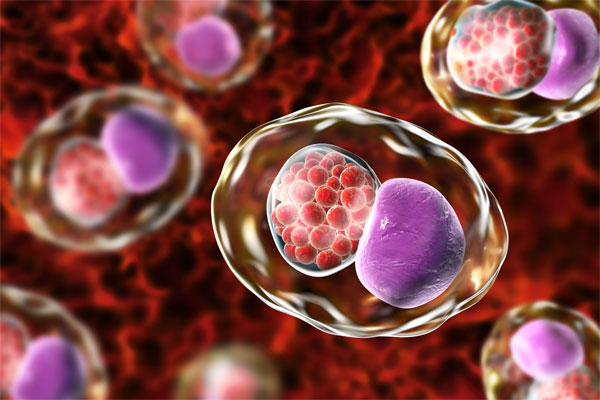Chlamydia: Symptoms, Diagnosis, Treatment and Prevention
Chlamydia is a common infection you can get from intimate activities, but many people don't realise they have it because it often doesn't show any signs. It can affect different body parts like the cervix, urethra, anus, throat, and eyes.
"Chlamydia is highly prevalent, standing as the most commonly reported infectious disease in Australia. Annually, close to 97,000 men and women receive a diagnosis of this infection."
Source: Healthdirect Australia
Remember, knowing about chlamydia and taking steps to stay safe is important for your health and the health of your partners. Here's what you need to understand about chlamydia, its symptoms, and how to stay safe.
Chlamydia FAQs
Chlamydia is a common infection you can get from intimate activities. Many people don't realise they have it because it often doesn't show any signs.
Anyone who's sexually active could get chlamydia, especially if they're young (under 25) or have unprotected sex with someone who has it.
Chlamydia usually doesn't have clear signs for women, but it can cause problems like pelvic pain, trouble getting pregnant, or weird discharge. Sometimes, it might hurt when you pee or during sex.
Men may not see clear signs of chlamydia, but it can lead to redness, discharge, pain when peeing, or swollen testicles.
Chlamydia can spread through sex (vaginal, anal, or oral) with someone who has it. Using condoms or dams can help lower the chances of getting it.
Testing for chlamydia is easy and painless, usually involving a urine test or a swab. If you have it, don't worry! Antibiotics can treat it. After the treatment, it's best to avoid sex for a week and make sure to get rechecked after three months to be sure it's gone.
If you find out you have chlamydia, it's important to tell anyone you've had sex within the last six months. You can do this through your doctor or a sexual health centre, and they'll keep it private.
Always use protection like condoms or internal condoms for any kind of sex. Get a checkup for your sexual health at least once a year, especially if you have different partners. After getting treated for chlamydia, get tested again after three months to make sure you're safe.
Your regular doctor can help you with testing, treatment, and talking to your partners.

